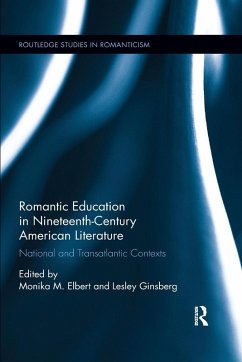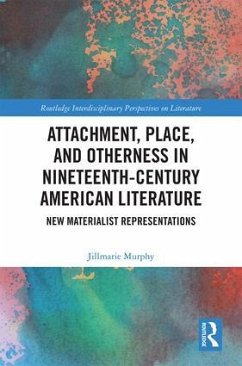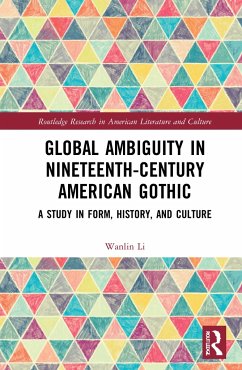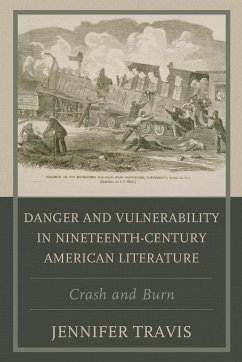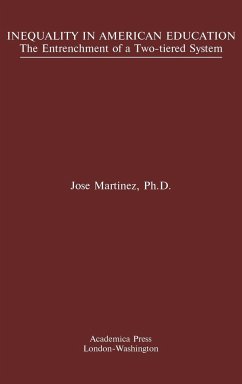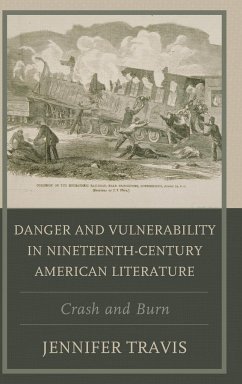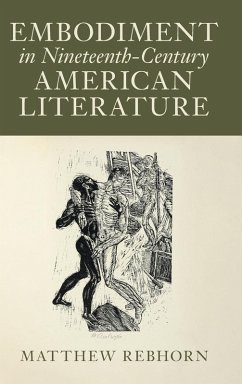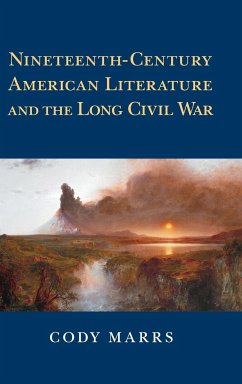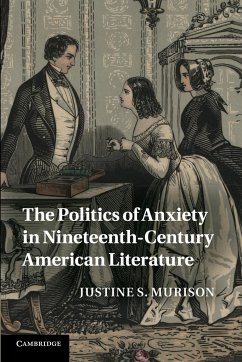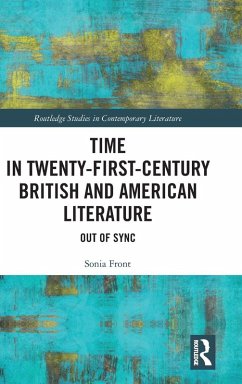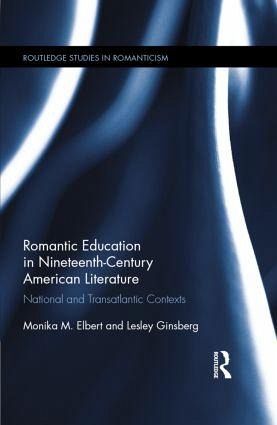
Romantic Education in Nineteenth-Century American Literature
National and Transatlantic Contexts
Herausgeber: Elbert, Monika; Ginsberg, Lesley
Versandkostenfrei!
Versandfertig in 1-2 Wochen
179,99 €
inkl. MwSt.
Weitere Ausgaben:

PAYBACK Punkte
90 °P sammeln!
American publishing in the long nineteenth century was flooded with readers, primers, teaching-training manuals, children's literature, and popular periodicals aimed at families. These publications attest to an abiding faith in the power of pedagogy that has its roots in transatlantic Romantic conceptions of pedagogy and literacy. The essays in this collection examine the on-going influence of Romanticism in the long nineteenth century on American thinking about education, as depicted in literary texts, in historical accounts of classroom dynamics, or in pedagogical treatises. They also point ...
American publishing in the long nineteenth century was flooded with readers, primers, teaching-training manuals, children's literature, and popular periodicals aimed at families. These publications attest to an abiding faith in the power of pedagogy that has its roots in transatlantic Romantic conceptions of pedagogy and literacy. The essays in this collection examine the on-going influence of Romanticism in the long nineteenth century on American thinking about education, as depicted in literary texts, in historical accounts of classroom dynamics, or in pedagogical treatises. They also point out that though this influence was generally progressive, the benefits of this social change did not reach many parts of American society. This book is therefore an important reference for scholars of Romantic studies, American studies, historical pedagogy and education.




